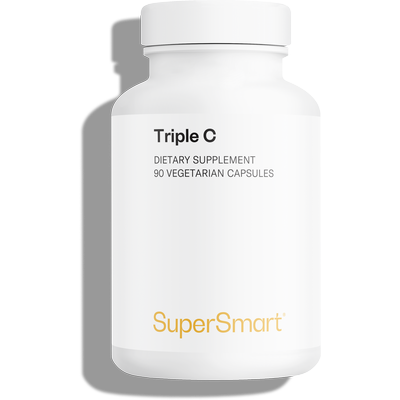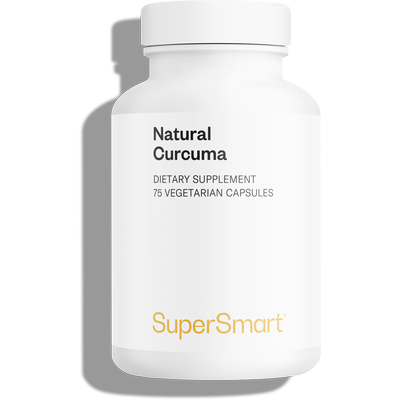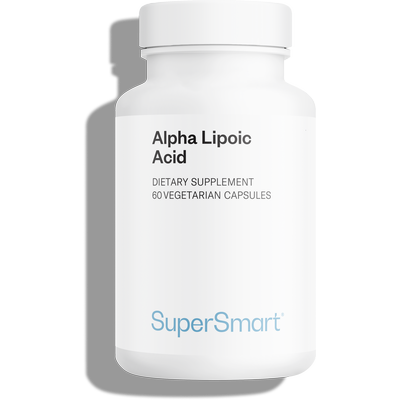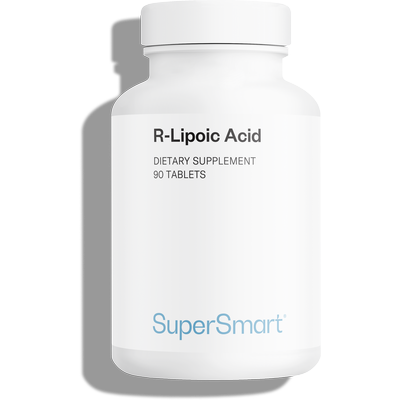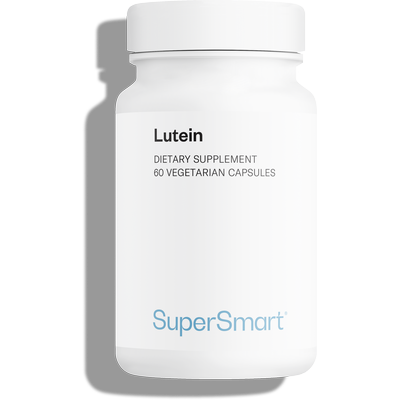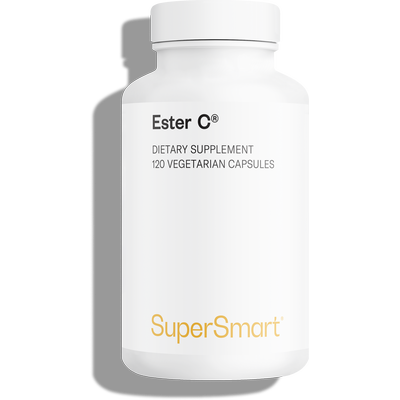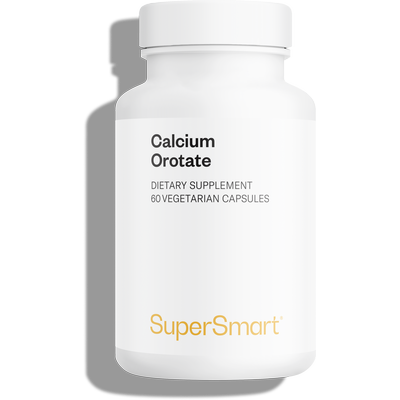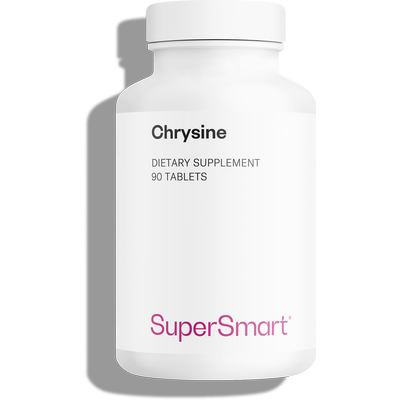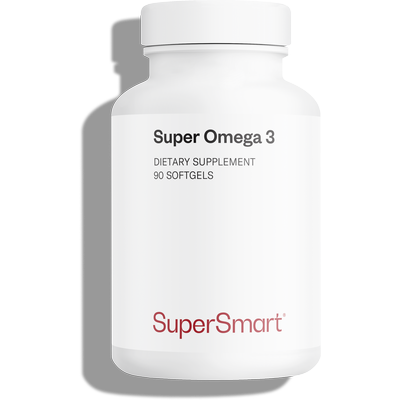The economic crisis is no reason to neglect your health
Supplements have a key role in healthy life expectancy
The WHO1 (World Health Organisation) estimates that a healthy lifespan could be extended by five to ten years, with no increase in health spending, if governments and individuals united their efforts to combat the main risk factors to health in each region. Nutrition and nutritional supplementsclearly have an important role to play in such efforts.
The current economic crisis, however, means we are unfortunately more likely to neglect our health. According to the latest CercleSante-Europ AssistanceBarometer published last September, 23% of French people (a rise of 11% in one year) and 24% of Americans admitted to neglecting their health care because of the recession. But given the increased stresses we face as a result of the economic crisis, now is not the time to abandon our health, nor the health benefits offered by nutritional supplements.
 Choose wisely
Choose wisely Make sure you obtainhigh quality, effective supplements by buying from a website with a long history of loyal, satisfied customers.
A website that offers supplements made from pharmaceutical grade raw materials and/or standardised phytonutrients, produced in accordance with good manufacturing practice (GMP).
One where the supplements contain ingredients with proven efficacy, the highest bioavailability, and are offered at appropriate doses and in the most suitable galenic form . Last but not least, look for the certificate of analysis, as an added guarantee of reliability, usually to be found on the website page where the product is displayed.
A crucial role for nutritional supplements
If the majority ofresearch into health promotion and disease prevention is predicated on global improvements in dietary habits, scientists and health professionals are increasingly recognizing the crucial role nutritional supplements can play in this regard.
Numerous studies have shown that appropriate use of nutritional supplements can lower incidence of disease and as a result, reduce escalating health costs. The majority of thesestudies have been conducted in the United States, where prevention is given high priority. In France, the debate surrounding the benefits of supplementation to disease prevention and the potential impact on health costs remains confined to the academic world. However, the proof alreadyexists.  For Dr Michael McGinnis of the Robert Wood Johnson Foundation, studies have variously associated dietary or lifestyle factors with between one fifth and one third of cardiovascular deaths, 20-60% of fatal cancers and 50-80% of cases of type II diabetes, including 30% of deaths from diabetes.
For Dr Michael McGinnis of the Robert Wood Johnson Foundation, studies have variously associated dietary or lifestyle factors with between one fifth and one third of cardiovascular deaths, 20-60% of fatal cancers and 50-80% of cases of type II diabetes, including 30% of deaths from diabetes.
Professor Jeffrey Blumberg believes that, combined with an increase in physical activity and the cessation of tobacco use,dietary changes and improvements in nutritional status provide the best hope for reducing risk of chronic disease, improving public health and limiting the growth of healthcare spending.
Dr Ranjit Chandra, a nutritional immunologist, said this as far back as 1997 : “The era of nutrient supplements to support health and reduce illness is hereto stay. In selected groups such as the elderly, there is overwhelming evidence of immunologic enhancement following such an intervention. Some data suggest that a reduction in the incidence and duration of infection may also occur. In North America, a year's supply of micronutrient supplementation costs less than three visits to a physician and much less than hospitalization for one day. Thus, these preliminary data suggest that a micronutrient supplement may be a cost-effective preventive intervention in old age”. »
Many thousands could be saved

The Dietary Supplement Information Bureau is an American organisation set up to promote responsible use of vitamins, minerals, herbs and specialty nutritional supplements.Through a specialist health consultancy, it has produced a series of Health Impact Studies'. These studies have examined the results of scientific research on selected supplements to calculate their health benefits, and applied this information to current US health care statistics, to determine how much money could be saved with the lower incidence of diseases and ailments that could be achieved through use of selected dietary supplements. The results showed that for certain of the supplements tested, several thousand dollars could be saved over a five year period: in fact, at least $24,000. Key findings show :
Calcium and vitamin D : Appropriate use of vitamin D and calcium among the American over-65 population shows potential avoidance of approximately 776,000 hospitalizations for hip fractures over five years, as well as avoidance of stays in skilled nursing facilities for some proportion of patients. The five-year (2008-2012) estimated net cost associated with avoidable hospitalization for hip fracture is approximately $16.1 billion.
Folic Acid: If just 11.3 million of the 44 million American women who are of childbearing age and not taking folic acid, began taking 400mcg of folic acid on a daily basis, neural tube defects could beprevented in 600 babies, saving as much as $344,700,000 in the first year. Over five years, taking into account the cost of the supplement, $1.4 billion could potentially be saved.
Omega-3 Fatty Acids: The estimate of the potential five-year savings in health care expenditures resulting from a reduction in the occurrence of coronary heart disease (CHD) among the population over age 65 through daily intake of approximately 1800 mg of omega-3 is $3.2 billion. Approximately 374,301 hospitalizations and associated physician fees due to CHD could be avoided.
Lutein and zeaxanthin: Through daily intake of 6-10 mg of lutein with zeaxanthin, it is estimated that $3.6 billion could be saved over 5 years by helping people with age related macular degeneration avoid dependency. Across the five year period, approximately 190,927 individuals could avoid the transition to dependence either in the community or a nursing facility that would accompany a loss of central vision resulting from advanced AMD.
A study on diabetics was also conducted by the Bureau which suggested almost 34% take supplements. Diabetic supplement-users report being in better health than non-supplement users. Among those diabetics taking multivitamins, 53.9% rated their general health as good, very good or excellent, compared with those who did not take them.
While deciding onthe right doses and raw materials is clearly important, manufacturers must also focus on which chemical forms of nutrients are the best. Selecting molecules, plant extracts, and combinations of molecules is no simple task but a supplement's efficacy depends on getting this choice right.
Some forms may be more potent, better absorbed or have higher bioavailability than others. Certain ingredients rely on other nutrients for improved absorption. This is the case both with chrysin or curcumin which are better absorbed when combined with a pepper extract called piperin, or with vitamin C and flavonoids where each boosts the other's effects.
Some nutrients offer additional advantages in certain chemical forms compared with others. A mix of tocotrienols, for example, offers benefits not found in the tocopherol form of the vitamin, and vice versa. Furthermore, natural source vitamin E has significantly higher bioavailability than the synthetic form.
It's a similar case with ester-C which seems to have greater bioavailability than other forms of vitamin C. The same goes for alpha-lipoic acid - when you take a supplement containing the synthetic form, the two enantiomers are absorbed by the blood and transported to the cells. But (R)-ALA has much better bioavailability than (S)-ALA and the total amount of (R)-alpha lipoic acid delivered into the blood over time is 60-85% greater than the amount of the (S) form that reaches the blood. What's more, studies show that the natural form of alpha-lipoic acid is better accepted by the tissues. Alpha lipoic acid has even higher bioavailability in the form of sodium salt, sodium-R-lipoate.

Minerals vary in bioavailability - and thus absorption by the body - depending on the mineral salt. Thus selenium in the form of L-selenomethionine, along with zinc methionine, and chromium polynicotinate, all have particularly high bioavailability.
Likewise, the co-enzymated form of B vitamins, bioidentical to that used by the body, are particularly effective especially in sublingual tablet form.
Taking a probiotic with live bacteria which will not survive the journey through the digestive tract is of little benefit.
The biological activity of certain active principles is governed by their bioavailaility which varies widely depending on the source of the extract as well as the extraction process used.

RDAs and effective doses
For certain nutrients, the so-called essential' nutrients, there exists an RDA- a Recommended Daily Allowance. An RDA corresponds to the amount of a vitamin or mineral we need to consume to avoid deficiency and deficiency-related diseases, such as scurvy, beriberi or pellagra It is the absolute minimum necessary to maintain biological functions and health in individuals in good physical shape.
However, requirements for essential nutrients may increase in certain circumstances such as in premature babies, or in cases of metabolic disorder, infection, chronic disease, or treatment with particular drugs Environmental factors such as stress, pollution or UV exposure can also increase our needs.
RDAs are thus calculated to avoid deficiency diseases, rather than to maintain good, robust health and energy levels, or to protect us from age-related diseases. What's more, requirements vary amongst individuals.
There are over 20,000 studies (in the American National Library of Medicine)highlighting the health benefits conferred by vitamins and mineralstaken at doses above RDAs. What the Americans call the No Observed Adverse Effect Level (NOAEL) corresponds to asufficiently safe dose at which no negative effect has been observed over a long period. This dose is defined as safe as a result of meticulous, in-depth analysis of all available data from scientific studies worldwide, conducted over many years.
For other nutrients that feature in nutritional supplements, we have to rely on the toxicity tests frequently carried out by certain providers, and on clinical studies, to confirm which doses are effective and carry no risk.
------------------------------------------------------------
Références :
1. OMS (2002).The world health report 2002 - Reducing Risks, Promoting Healthy Life.
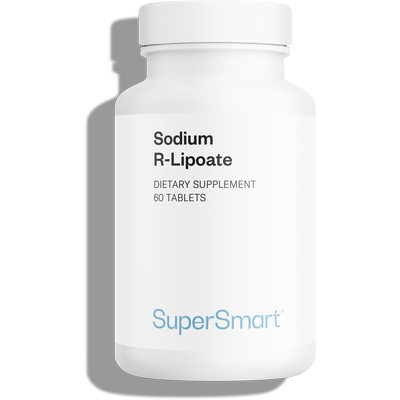
Active form of R-lipoic acid with enhanced bioavailability
Reaches 10-times-higher peak blood levels in only 20 minutes
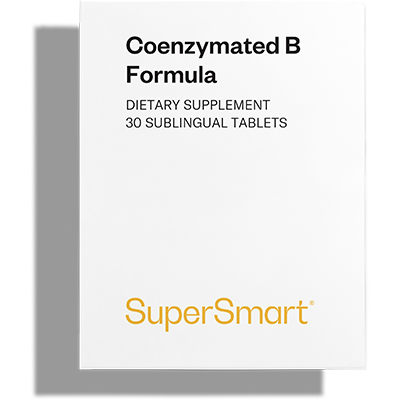
Complete range of B vitamins directly usable by the body. New formulation with even greater bioavailability
www.supersmart.comAll rights reserved
Free
Thank you for visiting our site. Before you go
REGISTER WITHClub SuperSmart
of exclusive benefits:
- Free: our weekly science-based newsletter "Nutranews"
- Special offers for club members only



